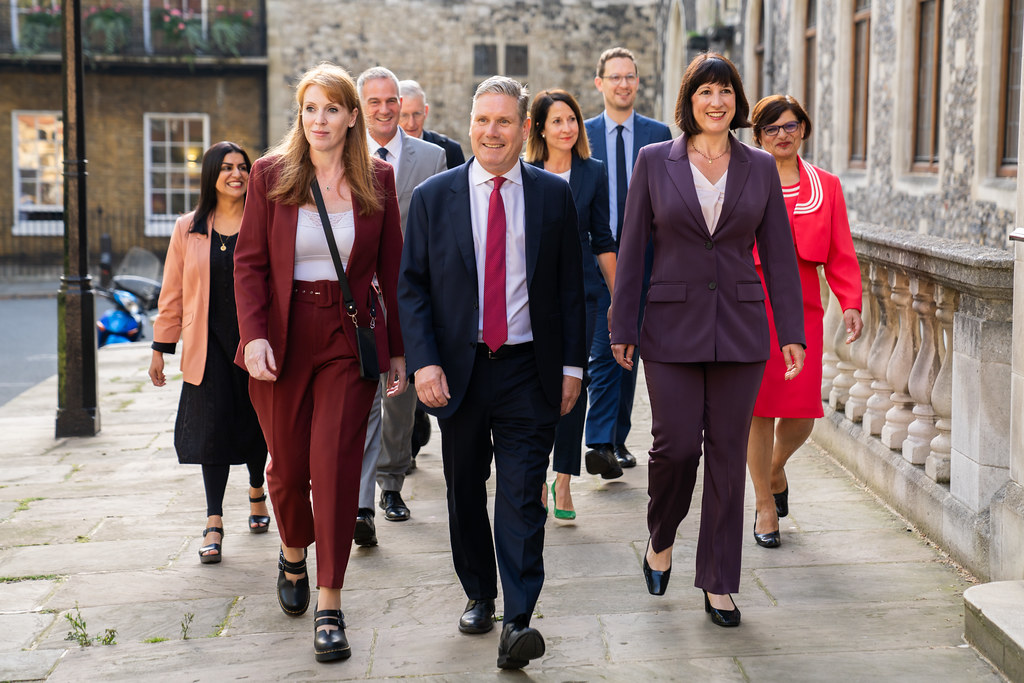As part of our feature on trainer development, we asked TrainingZONE members to tell us a bit about how they came to be involved in the training profession, and offer some thoughts on what it means to be a trainer today. We received a fantastic selection of responses, which will be published throughout the month. Here, Mo Georges, a facilitator working with New Deal candidates responds.
- What's your current job role? My current job role is that of facilitator on job search and CV writing with a New Deal 18 - 24 yrs group. I act as a Service Provider to the local council via a training organisation.
- What did you do before this job? Immediately prior to this I was in the West Midlands working as a Personal Development Coach for the Employment Zone, assisting long term unemployed back into work. Running coaching and training sessions and dealing with one to one.
- Describe your route into training I left university in 1993, undertook the 1st year of post-graduate study as a careers consultant, the set up and ran a media job club in West Midlands for 14 months. The Employment Service ran sessions in job club leader skills. I have also undertaken NVQ Level IV in Guidance and run job clubs at various locations which meant running workshops. I have extensive experience in sessional work and still do not consider myself a "trainer", more a motivator/coach and mentor to my clients.
- Did you always want to work in training and development? No. My route is an "eclectic" mix of my own interpersonal skills, a keeness to learn and develop, and life experience, subsidised with good training from other trainers!
- What would you say has been the most significant event in your career to date? The most significant event has to be the time I spent on my post-graduate study, meeting lots of people from the world of outplacement, HR and training. I learned a lot from them and as a result undertook a (self-funded) course in psychometric test administration at level A. I'd now like to undertake level B, but need funding!!
- How do you think the role of the trainer has changed since you began your training career? I can only hazard a guess that training has changed in that there is more opportunity for e training, but I read in Jobs & Money Guardian yesterday that the NHS are going for this in a big way. I still personally feel that there is no substitute for a face to face situation. And this was highlighted as one of the down sides. Trainers - take note! We all learn in differing ways and at differing paces with differing levels of motivation. I consider myself a people person, and always will be.
- What single thing would improve your working life? My first instinct was to say "money", but this aside, I am responsible for negotiating fees, and I guess being a bit more hard-nosed in the business context might be the answer for me. Any offers of negotiating training??
- What's your favourite part of the TrainingZONE site? Being able to thumb through edited articles and then go to those that have a relevance to me. I also like to answer queries, but find some of the language a bit difficult to understand. I guess it's a mix of trainer/corporate speak that I find a bit daunting!
- Do you have any advice for those looking to embark on a career in training? It would be hard for me to advocate my way as being the best or indeed the easiest way into this world. Many HR people follow the training route which tends to be an inhouse thing. I have always considered myself outside of the HR field, whilst sharing similar roles ie "human" resources. My clients are out of work, most trainer's clients are already inhouse. In essence, my advice is to follow your instincts, if you're not OK with the training package in your current environment, shop around, there's loads out there.
- What do you think are the biggest challenges facing the trainer today? I think the biggest challenges have to be what they've always been. How much of the training that is delivered is put into practice. How many workshops have you walked out of and yet, whilst feeling at the time that you'll take some of this stuff on board, have done nothing with the raft of material etc that you've taken away. How many organisations do a follow up session on action that has occurred as a result of the training sessions?????









